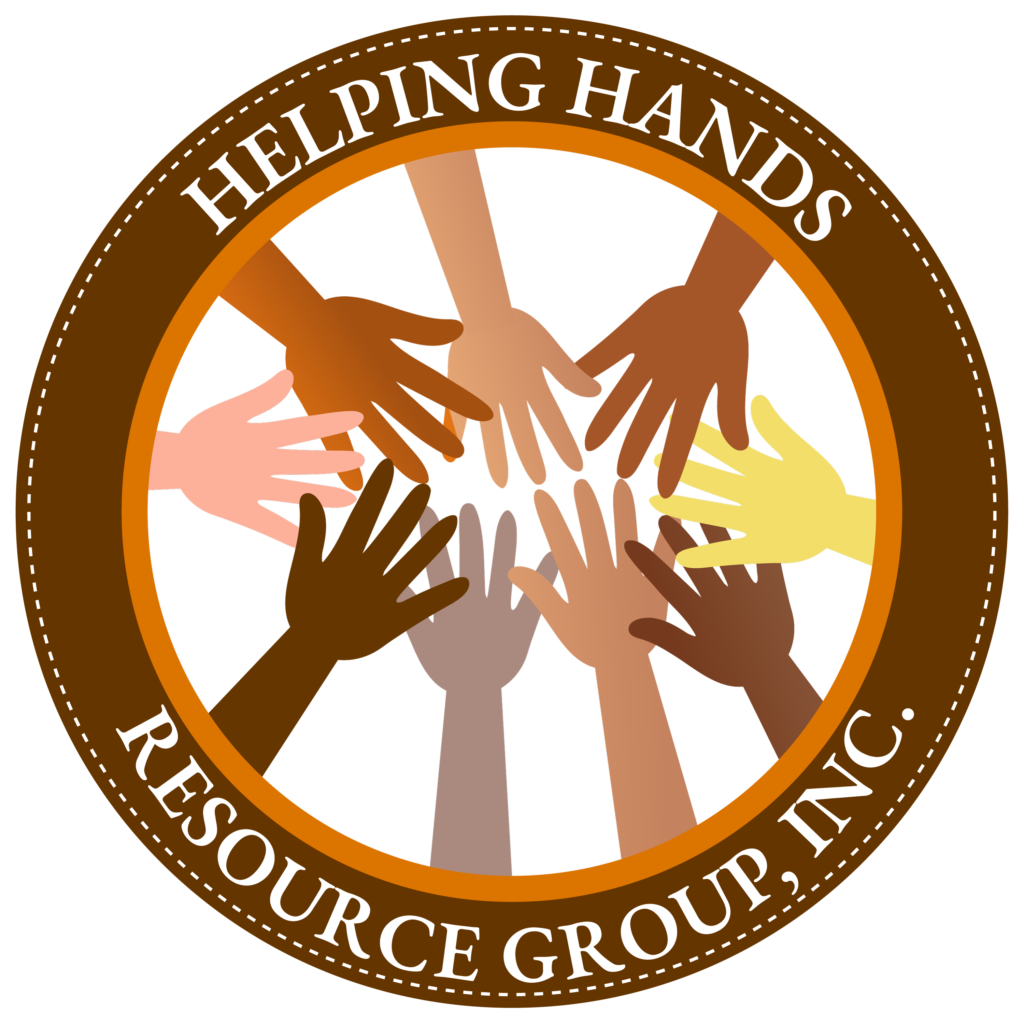Financial Literacy


Understanding Financial Literacy
Break the cycle of generational poverty
Reduce The Wealth Gap
Reduce the wealth gap for improved social and economic justice. Providing high-quality financial education in schools and communities leads to better money management for historically disadvantaged groups who need it most. Today, women and people of color continue to experience systemic pay and wealth gaps compared to White men. Until this is no longer the case, well-informed financial management and planning are essential to mitigating that loss for these groups as much as possible.

Increase Financial Independence
Increase financial independence. People who understand how to manage their finances are less likely to rely on loans from family members and high-interest predatory lenders; women are less likely to rely on male breadwinners. Financial education makes people less susceptible to scams and risky investments, and it offers more resources in difficult times. Being financially stable and independent reduces stress, and it sets a good example for everyone around an economically stable individual.
Build Healthier Communities
Build healthier, more prosperous communities. When every individual is financially educated and able to manage wealth effectively, the communities they live in benefit as well. A more educated local workforce leads to food security, home purchases, fewer neighborhood foreclosures, the launch and success of more small businesses, and lower crime rates. The more communities thrive, the more they attract outside businesses and homeowners that will continue to boost their economic health.



Ground work
A strong foundation of financial literacy can help support various life goals, such as saving for education or retirement, using debt responsibly, and running a business.
Until financial wellness becomes part of standard school and workplace education in the US, communities are in immediate need of financial education initiatives and programs. Education in money matters can protect community wealth. HHRG understands this very well.
Poverty is a multifaceted issue that will require multipronged approaches to address. Strategies that improve the economic mobility of families can help to alleviate the negative effects of poverty.

